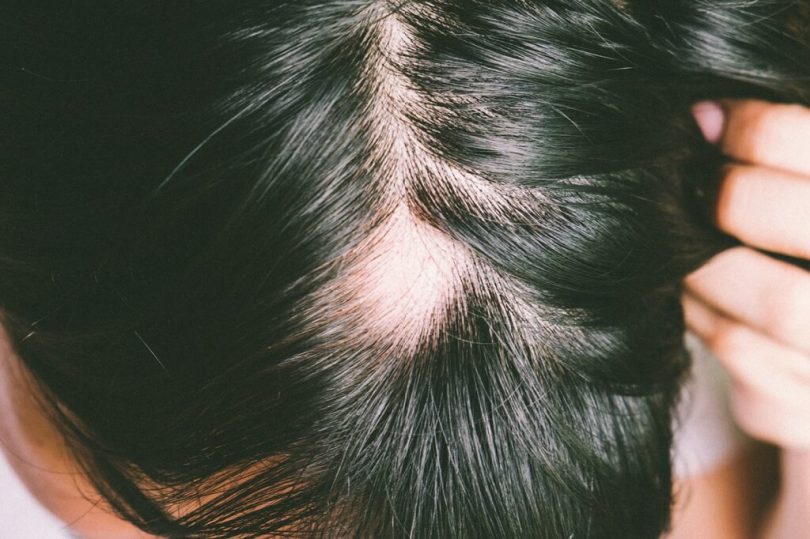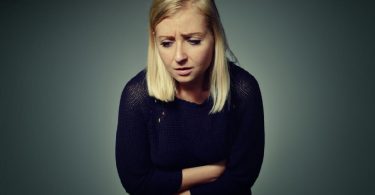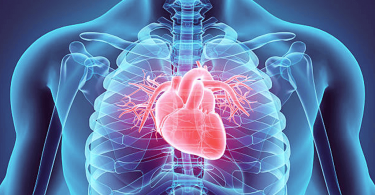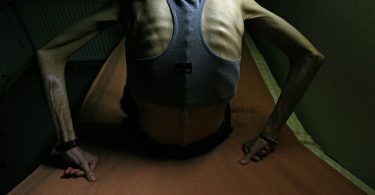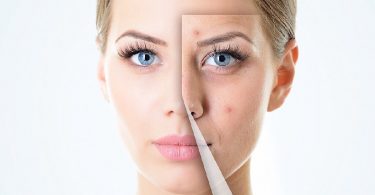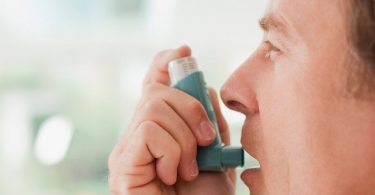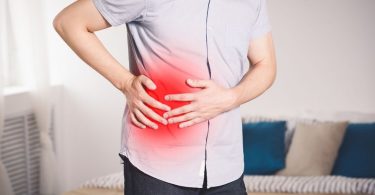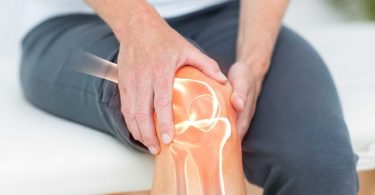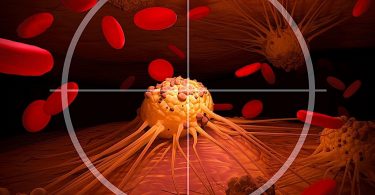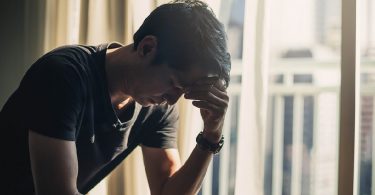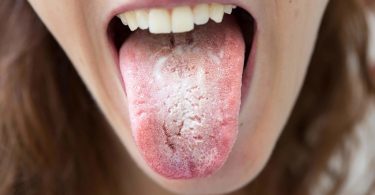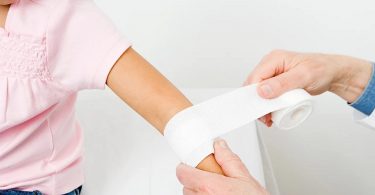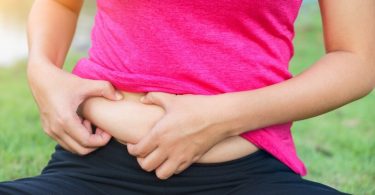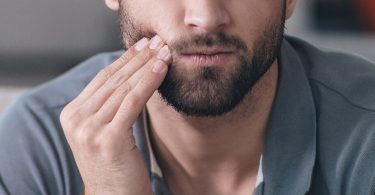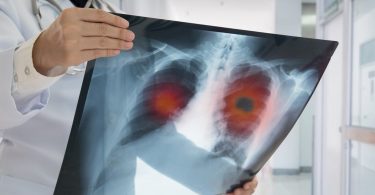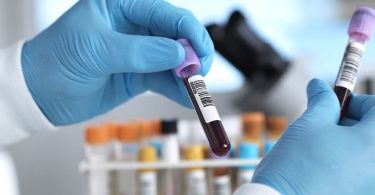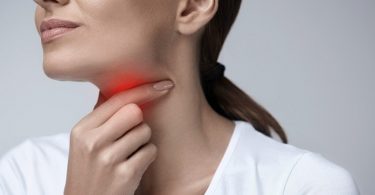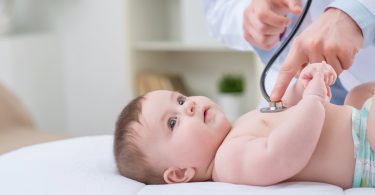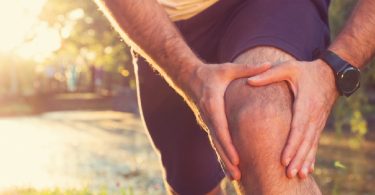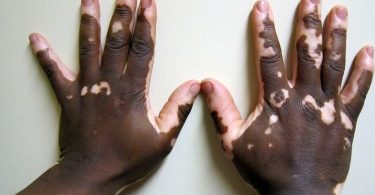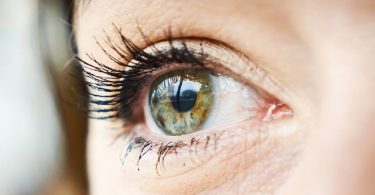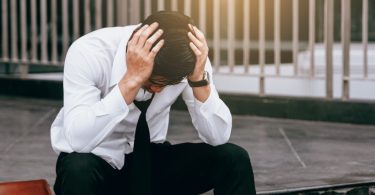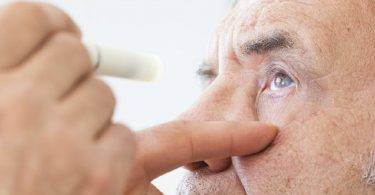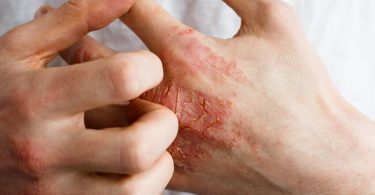Alopecia reflects hair loss (partial or total). It can be temporary or final. In this article, We will talk about alopecia causes, symptoms and treatment.
Contents
Alopecia definition
Alopecia means temporary or permanent (moderate or severe) hair loss . Hair loss is considered abnormal beyond the loss of 100 hairs per day.
Hair loss can be acute or chronic. Tt can reach the entire scalp or affect only a well-defined area.
In men, hair loss often begins before the age of 40 (the disorder can also start just after puberty and be much more severe). The occurrence of moderate alopecia around 30 is much less worrying if there is a family history (father, grandfather, etc.).
In women, hair loss usually occurs a little later.
Alopecia causes
The alopecia may be the first sign of an underlying disease still unknown:
- iron deficiency;
- hypo or hyperthyroidism ;
- certain conditions such as ringworms, lupus …
It can also occur following certain treatments (chemotherapy, anticoagulants), after childbirth or at menopause.
Different factors intervene and condition the importance of hair loss :
- heredity;
- hormones: hair growth depends on androgens, male hormones, also present in women. Sensitivity to androgens varies from individual to individual;
- hygiene of life: stress, drugs, food … so many environmental parameters which influence the lifespan of hair.
Alopecia symptoms
This disease can be acute or chronic. The main form of chronic alopecia is called androgenic alopecia , because it is due to hypersensitization of the hair follicle androgen anx.
The alopecia acute is characterized by sudden hair loss and diffuse throughout the scalp. Limited in time, it is reversible.
The symptoms of chronic alopecia are generally as follows:
- the hair gradually diminishes and the hair becomes thinner or even fluffy;
- the hair becomes scarce or disappears all over the skull or in patches.
In men, the forehead and temples gradually thin out, then the region of the top of the skull is reached.
In women, the front line of implantation is generally well respected. Hair loss often affects the part just behind this line as well as the top of the skull.
Other signs (itching, burning, etc.) may occur, but they are quite rare.
Alopecia prevention councils
In order to keep hair in good health and to limit the factors aggravating alopecia , it is advisable to respect some simple gestures with the daily newspaper:
- washing the hair regularly gives them more volume and makes it possible to hide hair loss;
- do not abuse aggressive products (coloring, etc.);
- dry hair naturally rather than with an electric dryer or straightening iron;
- Eat a balanced diet to avoid deficiencies: the hair nourishes itself thanks to the blood vessels of the scalp. Certain minerals and vitamins contribute to the good health of the hair;
- remove stress because in excess, it can contribute to hair loss;
- protect hair from the sun: significant exposure to ultraviolet rays damages it;
- avoid tight hairstyles (updos, mats, pliers) which make the hair brittle.
Alopecia Exams
In case of excessive hair loss and / or over too long periods, it is recommended to consult a doctor.
If necessary, he will prescribe additional examinations (blood test, hair examination under a microscope, etc.).
Alopecia treatment
If there is a disease underlying the hair loss, the treatment of this pathology generally makes it possible to eliminate alopecia . And if no cause is found, treatment vary by gender.
Treatment for Alopecia in Men
- Man is first treated locally with the application of solutions (based on minoxidil) stimulating hair growth .
- Taking tablets (finasteride) is also possible.
- When the results are not satisfactory, we can consider surgery ( hair transplant or micrograft).
Alopecia treatment for women
- In the absence of any contraindication, specialist treat woman with anti-androgens (hormonal treatment).
- Doctors also recommend local treatment, but they have limit effects.
- Surgical techniques are just as satisfactory in women.
- Overall, food supplements can have a beneficial effect.
- The wig can represent real comfort and avoid psychological consequences.
- Mesotherapy (local micro-injections of various products) can be effective.
For both sexes, homeopathy and aromatherapy can be useful in cases of alopecia.
Homeopathy
In hair loss , homeopathy can be useful in addition to suitable treatment.
According to the symptoms, take the remedy indicated:
- in case of hair loss: Thallium sulfuricum 9 CH, 3 granules every day;
- if the woman is pregnant or has just given birth: Sepia officinalis 9 CH, 3 granules 3 times a day;
- if the fall is accompanied by white hair: Phosphoricum acidum 9 CH, 3 granules 3 times a day.
Aromatherapy
Aromatherapy can relieve the symptoms of alopecia . The following treatment can be effective.
- Make a mask in application: mix 10 drops of thyme with thujanol, 10 drops of rosemary, 50 drops of ylang ylang and 100 ml of olive oil to which you will have added a little wheat germ oil. Apply this mask, line by line, and massage with your fingertips by “moving” the scalp to make it penetrate.
- Then shampoo by adding 1 drop of thyme. Another recipe: mix 30 drops of lavender, 30 drops of bitter orange, 10 drops of thyme and 100 ml of olive oil for the same use.
Read also:
Tinnitus: causes, symptoms and treatment
All you need to know about coronavirus

